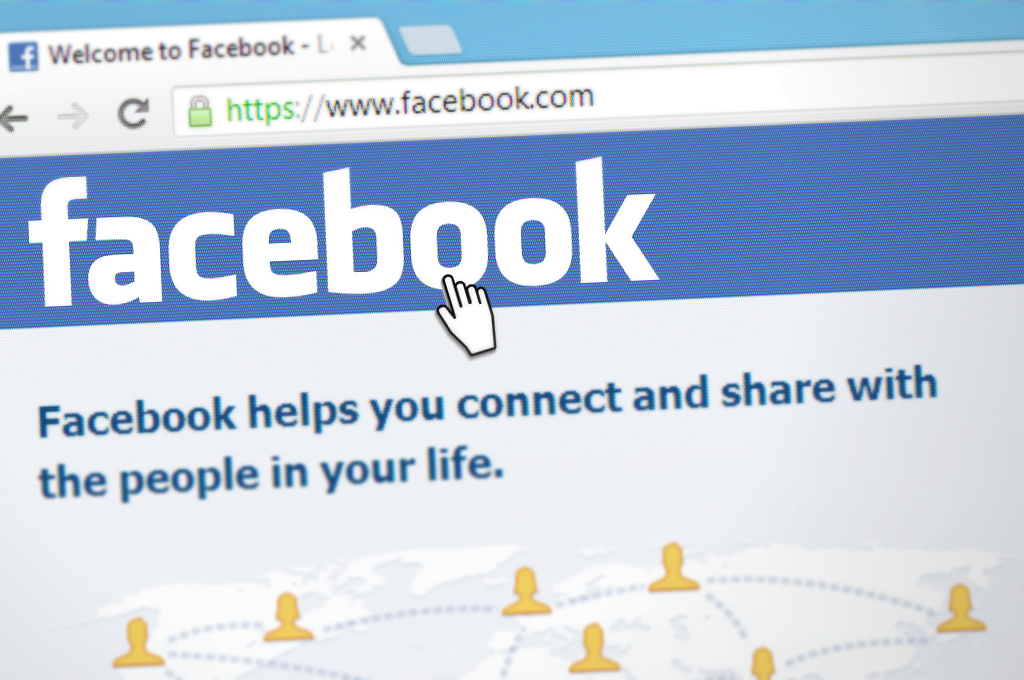During the US Congressional hearing, Facebook CEO Mark Zuckerberg said he was sorry the Cambridge Analytica scandal happened. Zuckerberg also promised to protect user data going forward. That’s funny. He has been promising the same thing for years. And the Cambridge Analytica scandal happened after his repeated promises to protect your data and give you more control over it.
What makes you think that Zuckerberg & Co are serious this time? Though I have a Facebook account, it has been lying idle for months and my profile is still incomplete. I do not trust Mark Zuckerberg with my data, and neither should you. If Facebook was so careful about your data, how did Cambridge Analytica got access to personal details of nearly 87 million Facebook users without their permission?
You are a fool if you think Facebook only tracks your activities within its app or website. It keeps tracking your online activities and meticulously scrutinizes every aspect of your online life even when you are using other platforms. It analyzes your online life to sell targeted ads that generated $40 billion in revenues for Facebook last year. Here’s how Facebook collects data about you, and some of its tactics are outright nasty.
The social networking giant’s tracking activities extend far beyond your email, age, relationship status, location, and workplace. Facebook keeps a tab on the strength of your smartphone’s battery. It keeps track of what you do on other websites and apps as well.
Facebook collects your facial data without your explicit consent. The facial data allows gaming companies to target “high-value players” who are more likely to spend money on in-app purchases, says The New York Times. The company says it uses your facial data for a name-tagging feature, but it also threatens your ability to remain anonymous online and on the streets.
Mark Zuckerberg says he has stopped doing this (it’s up to you to trust him), but his company used to profile users based on various health issues and then allow advertisers to target them. According to 2015 data submitted in a lawsuit, the company had listed 110,000 users under the “diagnosis with HIV or AIDS” category and roughly 51,000 users under the “erectile dysfunction” category. Whether or not you were aware of it, Facebook used to track your medical conditions to make money off of it. And there is a good chance it still does.
A couple of years ago, a man from Missouri suffering from metastatic cancer filed a lawsuit against the social networking giant, accusing it of tracking his activities on other websites without his explicit consent. Facebook easily got away with it by pointing out that tracking a user’s online activities was a standard business practice for ad-targeting. Users agree to its terms & conditions when signing up on the platform.
It’s no secret that the company meticulously tracks your political views and affiliations, which could be used for propaganda. Of course, a lot of companies collect your data, but Facebook has consistently been testing the limits of what is permissible, thanks to its deceptive privacy practices. More than two billion active Facebook users have no idea how much information Facebook is collecting about them, and how it could influence their psychology, purchase decisions, and behavior by manipulating your news feed.
Another powerful feature used by the company is Lookalike Audiences. It allows advertisers to analyze the tendencies of their existing customers, and then get Facebook to find other people with similar characteristics. Jeffrey Chester, director of a nonprofit group called Center for Digital Democracy, told the NYT that the Lookalike Audiences feature was a “hidden, manipulative practice” that “should be prohibited.”
During the Congressional testimony, Senator Gary Peters asked Mark Zuckerberg whether the company secretly uses the microphone on your smartphone to collect more personal data about users. Zuckerberg said no. The company uses the microphone if you have given it the permission and if you are using a feature that requires audio. For example, if you are recording videos to share them on Facebook, it may use the microphone to record the audio because videos have audio.
Mark Zuckerberg may have apologized to users. He may have promised to give you more control over your data. He may have promised to focus more on protecting your data. But all these things are not going to change the fact that the company desperately wants to collect as much of your personal data as possible. It has been pushing users to tell it more about themselves and allow it to track more of their online activities. That’s how it makes money.
The same Mark Zuckerberg who apologized for the Cambridge Analytica scandal predicted in 2008 that “people will share twice as much information as they share this year, and next year, they will be sharing twice as much as they did the year before.” In 2010, he said user data privacy was not a “social norm.” Good luck if you trust this man with your data.





